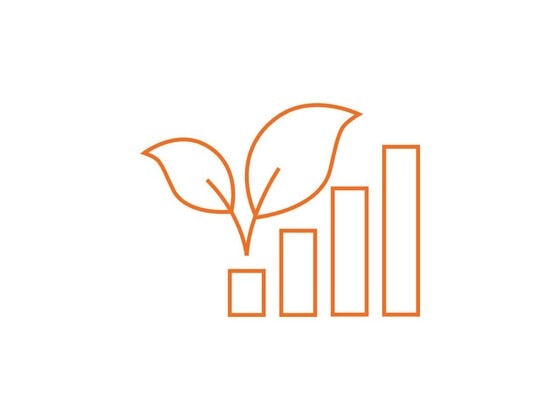Sustainability
A central corporate value
We don't just think about the present; our focus is also firmly on the future. In both our strategic planning and our daily actions.
We don't just think about the present; our focus is also firmly on the future. In both our strategic planning and our daily actions.
We believe that it is vital to conserve our natural resources for future generations. We know that our actions have an impact on the environment, but we endeavour every day to keep this impact to a minimum. We do so by manufacturing durable products and consuming fewer resources, in doing so combining economic efficiency with environmental sustainability.

We manufacture high-quality products built to last; products that conserve natural resources and have the lowest possible impact on the earth's ecosystem.

In terms of innovations, we explore how sustainability can open up opportunities for new products, services and business models.

We show respect towards the people and organisations with which we are associated. The health and safety of everyone around us is of utmost importance to us.

We are committed to responsible growth. Ecological and social sustainability are just as important to us as the financial health of our company. We also take this into consideration in our investment decisions.